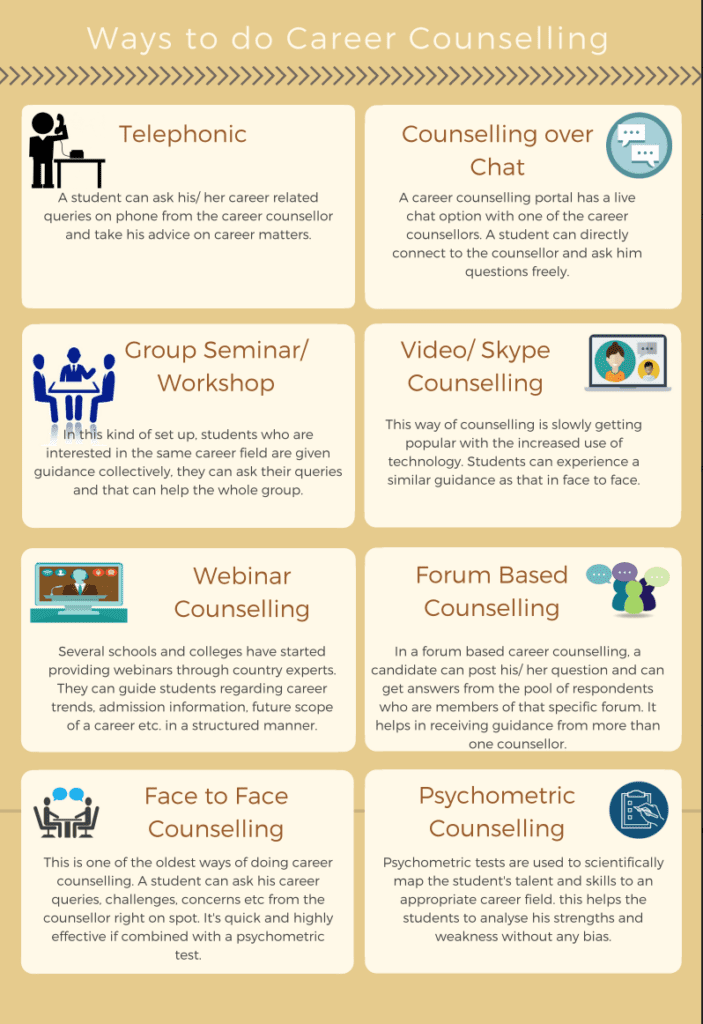Improving your SAT score means increasing the chances of being accepted into the college of your dreams. However, seeing an SAT score improvement requires dedication, time, and effort on your part. You have to continuously review and practice the material that you’ll be tested on. Take help from this testpreptoolkit for improving your scores. Here are 7 ways to improve your SAT score:

1) Take SAT Prep Courses
You can get ready for your SAT exam by enrolling in courses that discuss the material that you need to be familiar with. E-learning allows you to find SAT materials in the form of audio, printables, and live to learn. If you need help finding a prep course, make sure to look at comparison sites and research about the top options available right now.
While looking for e-learning material for the SAT exams, you should also find information regarding the exam itself. It’s a good idea to have everything ready, including checking crucial information such as test dates, registration processes, and documents required. After all, overlooking important details such as these can mean missing your exam or going to the exam ill-prepared. You’ll find this information on the SAT website or through online platforms such as Test Prep Toolkit.
2) Practice Discipline
Improving your SAT score requires time, effort, and dedication. The volume of materials that you need to study means that last-minute preparations most likely won’t work to your advantage. Remember, improving your SAT score requires strict self-discipline as you’ll encounter many distractions along the way.
For instance, it’s easy to just go to sleep after a tiresome day at school. Taking a rest at the end of the day is recommended; however, self-discipline means allocating a certain period for rest but still getting in some studying hours for the SAT. It might be tempting to put studying off to another day so you can have a full night’s rest. However, doing this constantly can lead to procrastination as the exam day draws near, leading to the last-minute preparation that you meant to avoid. More importantly, practicing self-discipline at this stage will also prepare you for the work ethic you’ll need to thrive in college.
3) Stick to a Study Schedule
Taking the SAT exam doesn’t mean that other aspects of your life will get placed on hold. You will still have to fulfill your tasks and obligations at school and at home. You’ll still need to complete homework assignments, attend afterschool programs and sports, go to work, and fulfill household duties. Creating a study schedule that accounts for all these things to help keep you on track.
Download a scheduling app or make your own and then fill in particular days and times with certain topics that you’ll have to study. You can always change the schedule when necessary.

4) Conduct Constant Self-Analysis
As you study, you have to keep an account of the topics that you fare well in and those that you struggle with. List down the topics where you’re comfortable in, and those that need more of your attention. Then, create a block in your schedule dedicated to studying the topics that you find challenging. If you need help understanding certain topics, hire a tutor, or seek afterschool help from your teachers. Once you’ve adequately grasped a specific topic, you can tick those off and move on to the next topic on your list.
5) Practice Exam Questions
Answering exam questions is an art that you need to refine with practice. You can revise SAT material in the form of exam revision papers and then practice answering those questions. Try to find revision papers that also provide the answers so that you can do self-assessment after taking the practice test. You can repeat answering those questions until your scores improve and you’re comfortable with dealing with those types of questions.
As you practice the exam questions, you can also learn how to answer questions by the process of elimination. This entails analyzing the given multiple-choice answers and using logic to eliminate the ones that appear wrong until you’re left with the possible correct answer.
Use a timer when working on practice exams because part of the challenge of this test is the ability to answer as many questions as possible in a limited period.
6) Live A Healthy Lifestyle
Taking the SAT can be an overwhelming process. From the process of studying material, balancing schoolwork and your personal life, to the actual day of the exam, it’s easy to burn out and experience anxiety or depression. If you want to improve your SAT score, you should be as healthy as possible so you can function at your optimum mental capacity. Neglecting your health can lead to poor study habits and disappointing results.
Some great tips to maintain a healthy lifestyle throughout your preparation process include the following:
- Eating a balanced diet
- Exercising
- Practicing meditation
- Getting enough rest
- Maintaining positive thoughts.
7) Ensure Exam Day Preparedness
What you do on the exam day is just as important as the steps that you take to prepare. You have to be well-rested on the day of the exam to avoid mental block and fatigue. Instead of spending the night before going through the material again, get some well-deserved rest. Make sure to eat a filling meal before the exam so that you aren’t distracted by hunger pangs. Arrive early at the exam location to avoid panic, forgetting important items needed for the exam, or arriving late when the doors have been shut. If last-minute discussions of material with colleagues makes you anxious, avoid mingling with the other students. You can listen to music and take a deep breath to relax.
Conclusion
SAT exams require ample preparation. The process can be overwhelming, especially given the other daily responsibilities that you may have. Improving your score requires a high level of discipline. Creating a study schedule might help distribute the study load. Make sure to take note of the topics that you’re comfortable with and those that may require the help of teachers or tutors, by doing regular self-assessment exercises.
Remember that your physical, mental, and emotional state can determine how well you prepare and fare on the exam. Maintain a healthy lifestyle and, on the day of the exam, make sure that you are well-rested, early, and fully prepared.
For discover more career paths, career counsellings for students, career counselling for working professional please visit Careerguide.com














